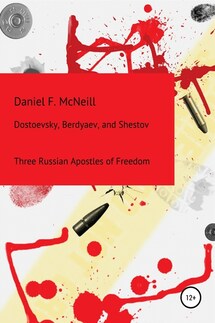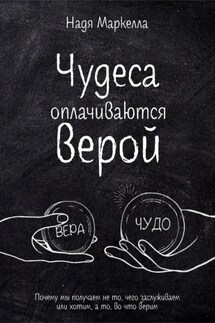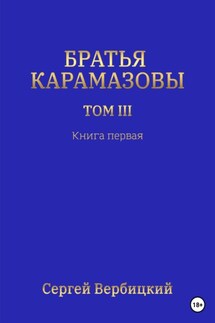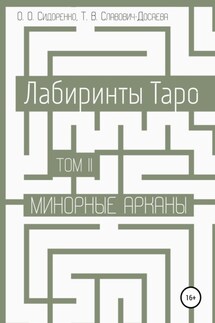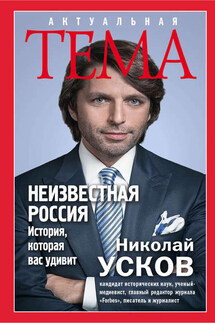Dostoevsky, Berdyaev, and Shestov. Three Russian Apostles of Freedom - страница 7
3
After the murder and after hiding the stolen objects, Raskolnikov returns to his small room. He is in a kind of delirium for five days, eating little, sleeping for long periods. His friend, the student Razumihin, looks over him and the servant girl in his rooming house, Nastasya, looks in on him at times offering food or tea. Razumihin informs him during one of his awakened periods that money has arrived from his mother and sister who will soon arrive in Petersburg. Razumihin, a young healthy positive type, uses the money to buy Raskolnikov a new set of clothes and he has brought to his room an acquaintance, the doctor Zossimov, to look over him. Raskolnikov treats them indifferently, even spitefully, paying little attention to them. Only when they start discussing the murders does Raskolnikov revive and give them his full attention. Pyotr Petrovitch Luzhin, a successful government official, arrives to present himself to Raskolnikov. He has recently become engaged to Raskolnikov’s sister. He is a forty-five-year-old positive figure. Raskolnikov has found out through a letter sent to him by his mother just before the murders that his young sister has accepted Luzhin’s proposal of marriage only to gain a higher more secure place in society for her mother and her brother Raskolnikov whom she loves dearly. Razumihin and Zossimov treat Luzhin respectfully, agreeing in their conversation with some of Luzhin’s liberal ideas. Raskolnikov accuses Luzhin, breaking in on the conversation, of putting his mother and sister up in a cheap boarding house in Petersburg. Worse still, influenced by what his mother has reported of what Luzhin said during his courtship, Raskolnikov again breaks in on the conversation. “‘And is it true,’ Raskolnikov asked Luzhin, in a voice quivering with fury and delight in insulting him, ‘is it true that you told your fiancee…within an hour of her acceptance, that what pleased you most…was that she was a beggar…because it was better to raise a wife from poverty, so that you may have complete control over her, and reproach her with your being her benefactor?’” After defending himself with some embarrassment, the insult soon drives Luzhin from Raskolnikov’s little room“How could you – how could you!” Razumihin says to Raskolnikov just after Luzhin leaves, “shaking his head in perplexity”.
“‘Let me alone – let me alone all of you!’ Raskolnikov cried in a frenzy. ‘Will you ever leave off tormenting me? I am not afraid of you! I am not afraid of anyone, anyone now! Get away from me. I want to be alone, alone, alone!’”
Razumihin and Zossimov leave at once but strangely Raskolnikov left alone does not remain in his room alone. His defense of his sister with his stinging insult to the man she is engaged to marry is the first genuinely human experience he has had since the murders and it perhaps motivates him to leave his room and seek some contact with the world outside of his room and his mind. Dostoevsky must bring his character into the everyday world of normal men and women if he is to somehow bring him also towards the world of human remorse which is never discovered in the human mind relying only on itself for guidance.
He dresses in his new set of clothes that Razumihin has bought for him, puts his rubles and his kopecks in his pocket, and steps out into the Petersburg night. It is eight o’clock with the sun setting and he does not think where he is going. Thought now, for some reason, tortures him. He now feels “that everything must be changed ‘one way or another’”. We have suddenly left thought, the world of thought, and have begun taking steps towards the world of feeling. He walks toward the Hay Market. He comes to a young man with a barrel organ accompanying the singing of a girl of fifteen hoping to earn a few kopecks. Raskolnikov stops and listens among two or three listeners. He takes out a five kopeck piece and puts it in the girl’s hand. He is on the street and among people and the man who sliced an axe onto the head of Lizaveta who “only put up her empty left hand” touches the hand of a girl. It is a sign, a brief sign from Dostoevsky, that his character has taken the first step to the only world that counts because it is the only world that is real, the human world. Dostoevsky will never read any sign, any of the thousands of signs in the universe without and in the mind within, that lead anywhere “upward” and “beyond” mentally or physically, spiritually or scientifically. He will follow no sign unless it leads to a purely human step.
